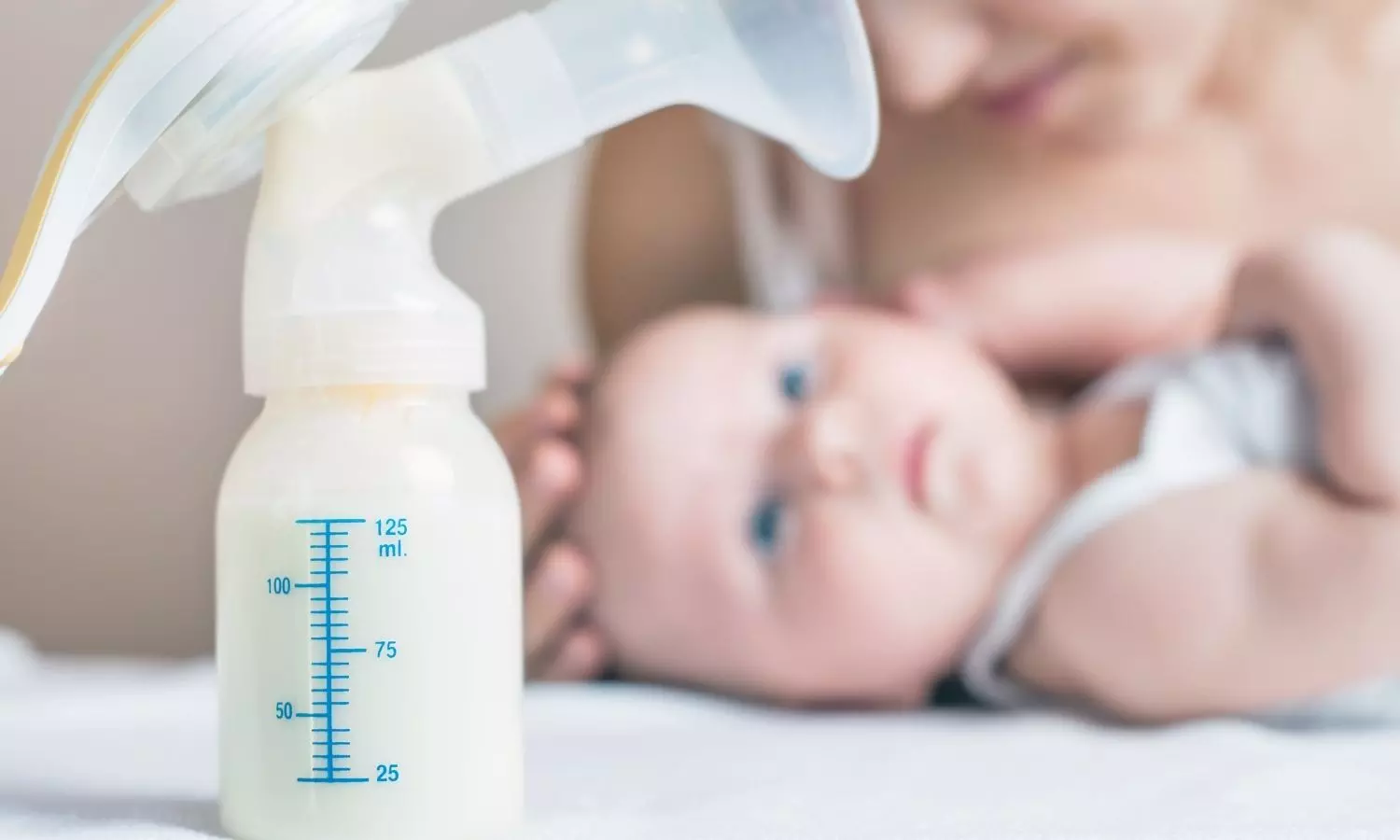CU Researchers Explore Human Breast Milk’s Potential in Healing Corneal Wounds

New Delhi: Anecdotal evidence from parents has long suggested that human breast milk may have healing properties, particularly for eye conditions. Now, researchers at the University of Colorado School of Medicine are investigating this claim scientifically, with promising early findings.
Years ago, a mother told Dr. Emily McCourt, associate professor of ophthalmology at CU School of Medicine and chief of pediatric ophthalmology at Children’s Hospital Colorado, that she had used her own breast milk—rather than a prescribed ointment—to treat her baby’s chemical corneal burn.
“I remember thinking, ‘Well, that’s interesting because this patient looks amazing,’” McCourt recalls. “Then, I thought about all my patients who said they’ve used breast milk in their baby's eyes for blocked tear ducts and rashes. There was a real opportunity to look into what was happening and why.”
McCourt, who also holds the Ponzio Family Chair for Pediatric Ophthalmology, turned to Dr. Mark Petrash, professor emeritus of ophthalmology, who has spent his career researching therapeutics for eye conditions.
A recent study led by CU ophthalmology researchers, including medical students, found that human breast milk may accelerate corneal healing. The study observed wounded corneas in animal models treated with breast milk, revealing increased re-epithelialization—the process by which the cornea repairs itself—compared to a saline solution and a prescription medication.
“Back in 2016, we found that human breast milk seemed to enhance the healing of the cornea, but we didn't really have any mechanistic insight to that,” Petrash says. “This latest paper looks more deeply and asks questions like, what cellular signs do we see that breast milk may be enhancing the ability of the cornea to repair itself after this very superficial wounding of the surface of the cornea?”
Dr. Sarah Pimple, a recent graduate of CU School of Medicine, led the research with support from Michelle Pedler, research services principal professional in the Department of Ophthalmology. The team measured Ki67, a protein marker of cell proliferation, and found that corneas treated with breast milk had higher levels of this marker, indicating increased cell division and healing.
Corneal wounds can lead to infections and vision impairment if not treated promptly. The researchers emphasize that a faster recovery process is crucial for preventing further eye damage.
“The sooner that wound can heal, the better,” says Petrash. “Human breast milk seems to stimulate that process.”
While it’s still unclear which specific components in breast milk contribute to these healing effects, McCourt suggests it may function similarly to serum tears, a medication derived from a patient’s own blood that is used to treat severe dry eye and inflammatory eye conditions.
“I’m excited to figure out why breast milk seems to work,” McCourt says. “Could we then bottle up that maternal power and turn it into an eye drop like we do with serum tears? It’s hard to say right now, but it’s worth investigating.”
The potential healing properties of breast milk have been recognized for centuries. Ancient Egyptians referred to it as the “nectar of the gods,” and both Greek and Roman cultures used it for medicinal purposes. Stories from 18th-century England even claim that breast milk saved lives.
“What we've observed is the tip of the iceberg,” says Petrash. “Breast milk itself is very complicated. There are sugars, carbohydrates, lactose, and a lot of proteins with human growth factors and different kinds of biological properties. It would be really good to know what it is about breast milk that makes it so therapeutically promising.”
While McCourt urges parents to seek medical advice for any eye injuries, she is hopeful that their research could pave the way for new treatment options.
“This research supports the idea that women have known for a very long time that breast milk has potential healing properties and may be beneficial in many ways,” she says. “We’re getting closer to understanding why.”


